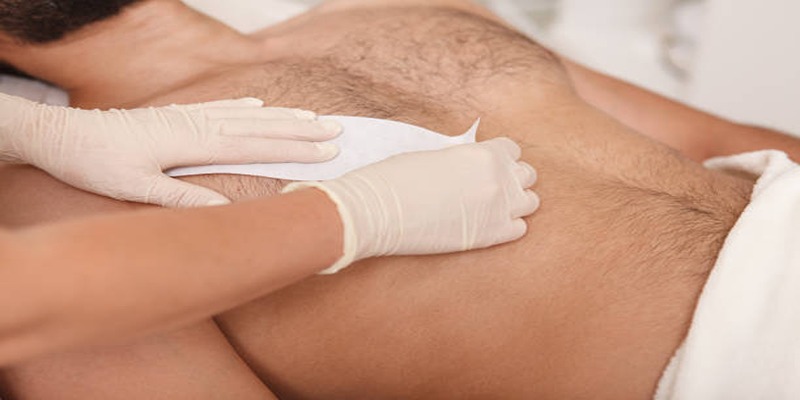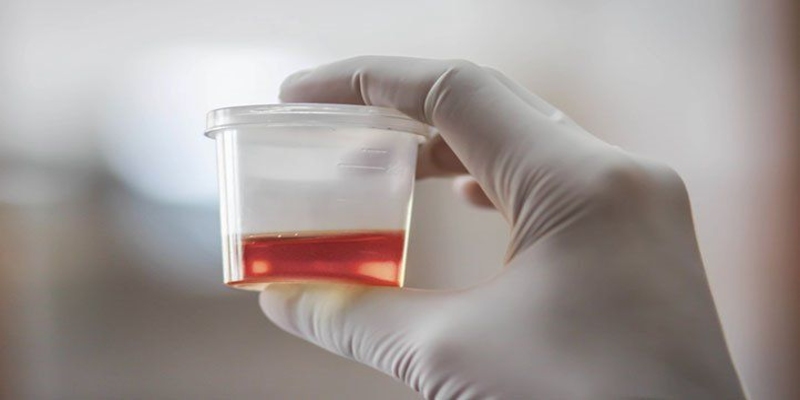Acne is a common skin condition that affects people of all ages. However, those with dry skin may find it challenging to treat acne without causing further irritation or dryness. This article will discuss the best acne treatment for dry skin.
Understanding Acne and Dry Skin
Before diving into treatment options, it's essential to understand how acne and dry skin are related. Acne occurs when pores become clogged with oil, dead skin cells, and bacteria. For those with dry skin, their natural oils (sebum) production is lower than usual, making it harder for the body to fight off bacteria and keep pores clear.

How to remove acne from dry skin?
Use Gentle Cleansers
When treating acne on dry skin, it's essential to take a gentle approach. Harsh cleansers can strip the skin of its natural oils and lead to further dryness and irritation. Instead, opt for mild cleansers specifically formulated for dry or sensitive skin. Look for cleansers that are fragrance-free and non-comedogenic.
Moisturize Regularly
Moisturizing regularly is another essential step in treating acne on dry skin. Dry skin lacks moisture, which can lead to an overproduction of oil and clogged pores. Choose an oil-free and lightweight moisturizer that provides enough hydration to keep your skin balanced.
Look for moisturizers that contain ingredients like hyaluronic acid or ceramides, which help to lock in moisture and strengthen the skin barrier.
Spot Treatment
When it comes to spot-treating acne on dry skin, it's essential to choose gentle and non-drying products. Avoid harsh spot treatments containing ingredients like benzoyl peroxide or salicylic acid, as these can further dry the skin. Instead, look for spot treatments that contain ingredients like tea tree oil or sulfur, which have antibacterial properties but are less drying.
Exfoliate Gently
Exfoliation is essential in any skincare routine, but it can be tricky for dry skin. Opt for gentle exfoliants that won't strip the skin or cause further irritation.
Look for exfoliants that contain gentle acids like lactic acid or fruit enzymes, which help to remove dead skin cells without causing dryness or irritation. Limit exfoliation once or twice weekly to avoid over-exfoliating and damaging the skin barrier.
Choose the right products.
When treating acne on dry skin, choosing the right products that won't further dry out your skin is essential. Look for gentle, moisturizing cleansers and non-comedogenic moisturizers that won't clog your pores. Avoid harsh ingredients like alcohol or fragrances, as they can strip your skin of natural oils and worsen dryness.
Keep your face clean.
Keeping your face clean is essential for managing acne, but be mindful of over-cleansing. Washing your face twice a day with a mild cleanser is sufficient. Excessive washing can strip away moisture and irritate your skin, leading to more breakouts. Pat your face dry with a soft towel instead of rubbing, which can cause further irritation.
Stay hydrated
Staying hydrated is crucial for maintaining healthy skin. Drink plenty of water throughout the day to help keep your skin hydrated from the inside out. You can also use a humidifier in your home to add moisture to the air, especially during dry seasons or in dry climates.
Protect your skin
Protecting your skin from the elements is essential, especially if dry skin is prone to acne. Use a broad-spectrum sunscreen with at least SPF 30 every day, even on cloudy days. Sun exposure can worsen acne and dry out your skin further. Additionally, consider wearing a hat or a scarf to shield your face from harsh winds or cold weather.
Targeted acne treatment
These treatments typically contain ingredients like benzoyl peroxide or salicylic acid, which can help to unclog pores and reduce inflammation. However, choosing a product specifically formulated for dry skin is essential, as some acne treatments can be drying and irritating.
Do not touch the skin.
Another critical step in treating acne on dry skin is to avoid touching or picking at the skin. It can further irritate the skin and potentially lead to scarring. It's also important to avoid using harsh scrubs or exfoliants, as these can strip the skin of its natural oils and worsen dryness.

Medication
Medication may sometimes be necessary to treat acne on dry skin effectively. It could include prescription topical treatments like retinoids or antibiotics. These medications can help to reduce inflammation and kill acne-causing bacteria. However, working closely with a dermatologist is essential to determine the best treatment plan for your specific needs.
Use a humidifier
Consider using a humidifier in your home or workspace. It can help add moisture to the air and prevent further skin drying. Dry environments can exacerbate acne and make it more difficult for your skin to heal.
Give skin time to adjust.
Giving your skin time to adjust to new products or treatments is essential. Start slowly and gradually increase the frequency or strength of your acne treatments. It will allow your skin to adapt and minimize the risk of dryness or irritation.
Look for non-comedogenic products.
When choosing skincare products, opt for non-comedogenic options. These products are specifically formulated not to clog pores, which can help prevent further breakouts. Look for moisturizers, cleansers, and other skincare products labeled as noncomedogenic to ensure they won't exacerbate your acne or dry out your skin.
Conclusion
Treating acne with naturally dry skin can be challenging, but it's not impossible. By understanding the root cause of acne and using gentle yet effective treatment options, you can achieve clear skin without compromising your dry skin's health. Remember to always consult with a dermatologist for personalized advice and recommendations.







